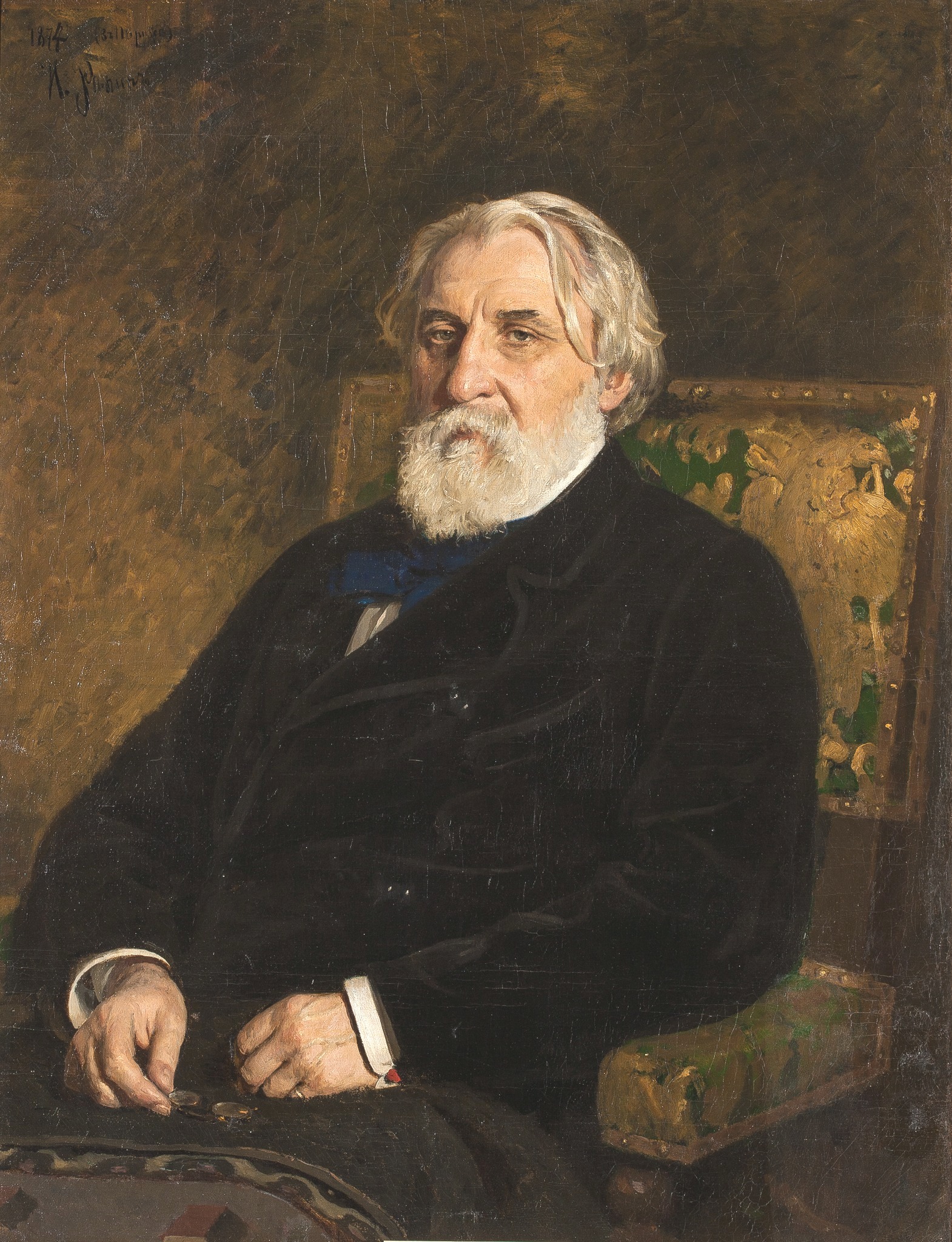OK I kid. That's a bit of exaggeration. I have read Chekhov's plays and they too were easily accessible to plebs like me. They even made me laugh. There is something similar between Turgenev and Chekhov. Perhaps it's the restrained sarcasm and satire, largely on the "Russian national character" itself.
My feelings about Fathers and Sons aside, one episode in the novel gave me a real jolt. Around 80% of the novel, the main character, Bazarov, a medical student, was challenged to a duel by an aristocrat of an older generation (people who are now fashionably referred to as "Boomers") on a provincial estate. Turgenev narrated the episode with barely concealed contempt. Nevertheless it was a shock for me to realize that duels between men were commonly practiced and socially accepted less than 200 years ago. Well, you know, men from the civilized, educated class (unlike the unwashed illiterate peasants and craftsmen) would ceremonially fight and kill each other in public to resolve personal disputes ranging from extramarital affairs to political differences.
I mulled over what it must have been like living in a society like that. It's not like I have never heard of duels before or was unaware that Pushkin was killed in a duel. I grew up reading Alexandre Dumas' adventure novels. As recent as a few years ago, the popular musical Hamilton depicted not one but two duels for blah blah blah reasons. It was a damned normal social interaction. Although the formalized and ritualized practice of duels was specific to European cultures, individual male humans have been brawling with each other since the dawn of society. Nevertheless, I have never thought about the general state of social norms for everyone else, if high-class men could kill each other legally in duels. Surely, women and lower class men in such a society would also have a more relaxed (? for lack of a better word) attitude about violence and death compared with today.
It is nearly impossible for a person to imagine living outside of his or her current life. The modern society, in which violence is heavily centralized and regulated, is only in existence for less than two centuries, and that process is shorter in some places than in others. I wonder whether that is long enough to habituate all men in a life without frequent and intimate bloodletting activities. A few days ago the internet is abuzz with a video of a man shooting and killing another man on his front yard in Lubbock, Texas.
In the grand scheme of history, a duration of one to two centuries is but a blip, probably insufficient to obliterate a ubiquitous culture of bloodthirst. What is the future of human violence? Will it go the way of legal duels, abandoned and forgotten, or will it revive itself in new methods and appearances?
Fathers and Sons is a novel about a transitional time, when serfdom had just been abolished in 1861 (almost the same time as the slave emancipation in the US in 1863) and nobody knew what the hell was going to happen to the social order. The past is not dead and much of it is not even past, but still changes keep happening, casting human tendencies into their new incarnations. There is a pervasive feeling of despair and resignation in the 19th century Russian literature that the Russian people and the massive imperial bureaucracy would always remain the same, despite all the talks of ideals and reforms by the intelligentsia. The subsequent events have supported this feeling through today. Russia remains the same in spirit if not on the surface.
Not only Russia, of course.


No comments:
Post a Comment